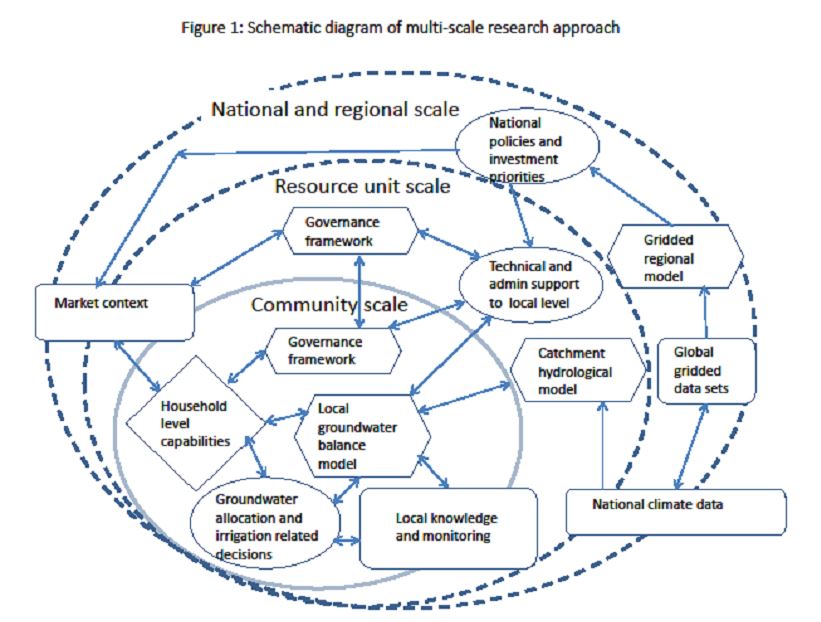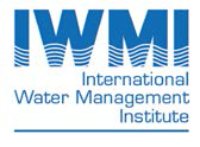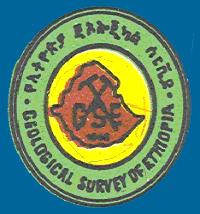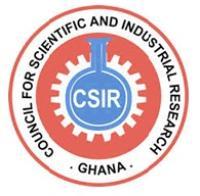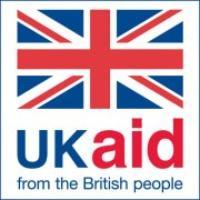Outputs
The primary focus is on developing community-led adaptive resource management. Since physical resources, socio-economic contexts, and governance structures at larger scales all influence community behaviour, a multi-scale approach has been adopted for the study. This approach has been tested at one pilot study site - Dangila woreda, Ethiopia.
Three generic scales have been identified: community, resource unit (catchment or aquifer), and regional/national (Figure 1). The natural scale for the physical resource assessment is the resource scale, defined by a hydrologically coherent unit which is usually a catchment. Within this, the community scale is defined by local governance or socio-economic units, at an appropriate level for community management of the resource for the benefit of individual households. The larger regional/national scale is the focus for national and/or regional scale policy and legislative contexts affecting local groundwater resources management. This larger scale is also appropriate for carrying out broad scale studies of the influence of climatic variability on groundwater resources, which will provide methods to support development planning at this scale.
Preliminary proof-of-concept studies have been completed as follows:
- AMGRAF Hydrogeology report for shallow aquifer in Dangila woreda, Ethiopia
- AMGRAF Preliminary assessment of livelihoods for poor people to benefit from groundwater use in small-scale irrigation in Dangila woreda, Ethiopia
- AMGRAF Preliminary assessment of governance required for management of shallow groundwater at local community level in Dangila woreda, Ethiopia
- AMGRAF Note on shallow groundwater irrigation on shallow groundwater irrigation
Outputs presented at the International Association of Hydrogeologists Congress, Marrakech, Sept 2014 (http://www.iah2014.org/):
Liz Oughton's presentation at IAH2014 was reported on by the UPGro programme website:
http://upgro.org/2014/09/15/amgraf-increasing-the-capability-of-households-and-communities-to-improve-their-own-lives/
[presentation upload as pdf to follow]
Geoff Parkin's IAH2014 poster is visible using the link (beside pdf icon) below:
IAH2014 poster PDF 1,160Kb
Poster presented at IAH 2014 session on groundwater - surface water interaction
